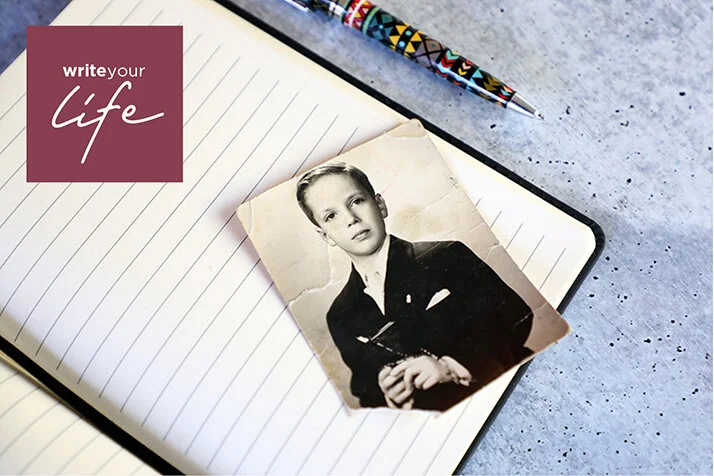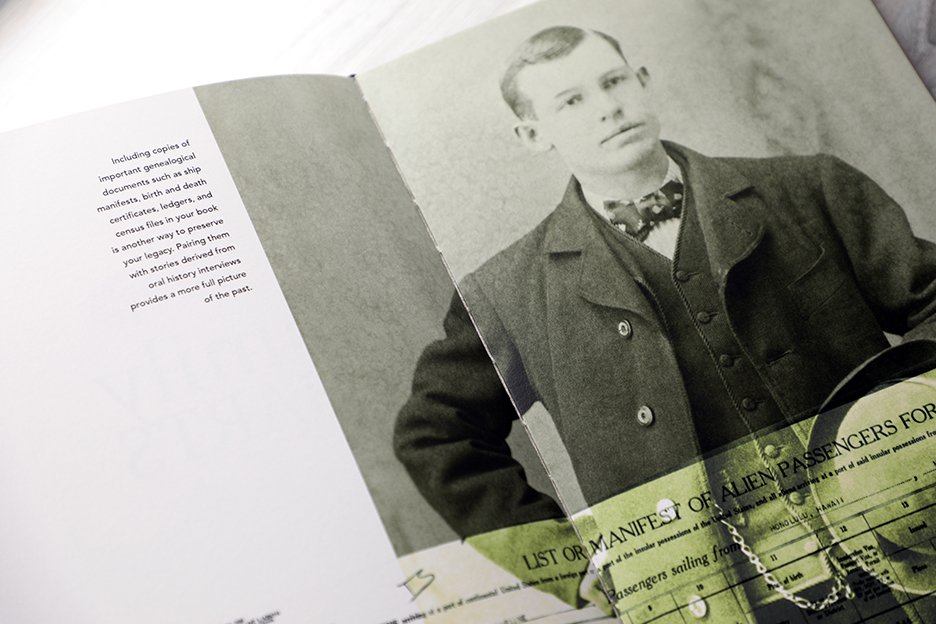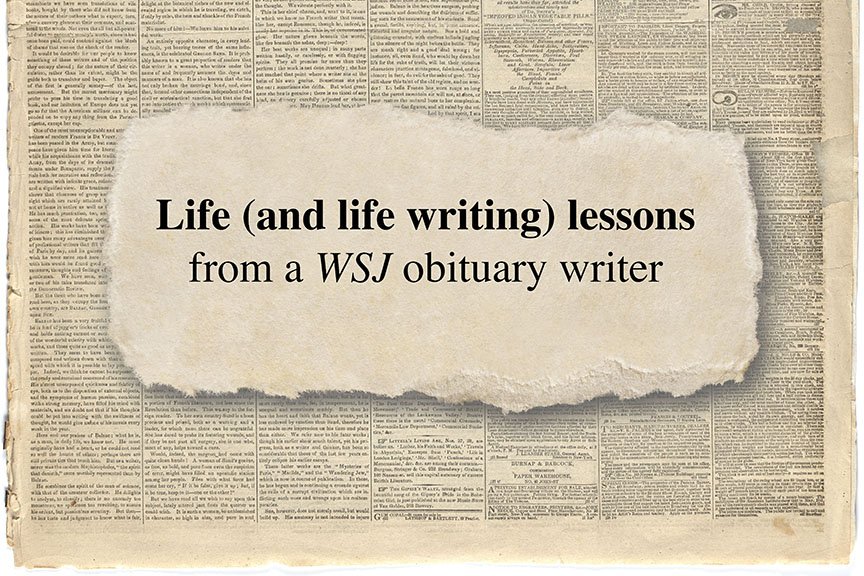The simple reason your life story project never gets finished
Setting a deadline for your life story writing project will help you get it done rather than languishing on your to do list.
You’ve thought about getting your stories down on paper for years. You’ve made a list of pivotal moments throughout your life that you’d like to write about. Maybe you’ve gone through your photo collection and set aside some favorite pictures to use as part of your storytelling. Perhaps you’ve even written the first few chapters.
And yet, that journal you bought especially for this life story project sits neglected on your nightstand. Why?
“I seem to have lost my passion for it.”
“I don’t always know what to write about on any given day, so I end up staring at a blank page before abandoning it for Netflix.”
“I thought I’d have the time, but I really don’t.”
“It seems like too big an undertaking—I can’t imagine ever finishing.”
You know what these are, don’t you? They’re not real reasons—not legitimate ones that should stop you from completing your family history or legacy project, anyway. They’re symptoms of the real problem.
So, what’s the real problem? You don’t have a deadline (or a plan).
Don’t believe me that setting a deadline will spur you into action and get you on the road to completion? Research backs me up (as does two decades of personal experience as a managing editor at monthly magazines!).
How to set a realistic deadline for your life story project
Having a deadline forces you to think about the steps it will take to complete your goal. So, to meet that goal:
Make a broad-strokes plan.
Define your finished project—is it a book with photos, a journal covering a specific time period, or an oral history that delves into pivotal moments in your life? Be specific, so you know exactly what you are working towards.
Set mini-goals.
If you know you want to write only about your years in the military, for example, create a list of steps to get you there (make a timeline; denote key themes and stories you want to cover; gather photos and other mementos to use as memory prompts; write one story per week).
Create a schedule that works for you.
Maybe it’s writing one story per week, like in the example above. Or maybe it’s more aggressive: Write for one hour every morning. Don’t be so liberal that your project promises to take all year. As Tim Ferriss describes in his bestselling book The 4-Hour Workweek, “If I give you a week to complete the same task, it's six days of making a mountain out of a molehill. If I give you two months, God forbid, it becomes a mental monster. The end product of the shorter deadline is almost inevitably of equal or higher quality due to greater focus.”
Understand your lifestyle and your ideal work times (are you energetic after your morning cup of coffee, or wonderfully reflective and calm enough to write on Sundays after church, for instance?) and designate the best times for YOU to devote to this project. By being thoughtful about when you’ll be most productive—and eager—to tackle your life stories, you are setting yourself up for success.
Use the info gathered above to write down a schedule.
This may seem like a lot of work just to come up with a deadline for your life story book, but you’re not going for any deadline, but a reasonable, achievable one. So, if you jotted down that you want to write about 12 pivotal moments from your life, and you’ve decided to write on Sunday mornings, block out 12 weeks’ worth of Sundays to write. What date does that bring you to? WRITE THIS DOWN on a calendar or create a bulleted list of target dates and tasks to complete. Writing it down helps it become real for you—and gives you a way to hold yourself accountable.
How to finish your life story book by your deadline
Without having a task master checking in on you periodically, it can still be challenging to finish the life story project you started, even with a deadline. Keep these things in mind to help you stay on track:
Consider asking a friend or family member to help hold you accountable.
Tell someone you love and trust about your life story project—and ask them to follow up with occasional check-ins. Declaring your goal out loud holds great power on its own; adding someone else into the mix, well, adds a little external pressure, too!
Let go of perfectionism.
“Make meeting the big deadline—not achieving perfection—the ultimate goal. Voilà. You’re making no guarantees of quality, but perhaps your work can be improved later,” Phyllis Korkki writes in this piece in the New York Times celebrating the power of deadlines.
And remember: You don’t have to do everything you want as part of this one project! Maybe your FIRST project—complete with plan and deadline—is to get your stories down. Then, when you’ve got the satisfaction of completing that project (congratulations!!), you set another goal—with corresponding plan and deadline—to edit those into a book.
Don’t let one slip-up derail your whole project.
Did you skip an entire week of writing? Did you ignore your project while caring for a sick child or vacationing in Mexico? Life happens. And you deserve a break. Consider scheduling vacation breaks into your plan. But when they happen out of the blue, don’t get too down on yourself. Adjust your deadlines accordingly and get back to it!
Make sure to WRITE DOWN (or adjust in your digital calendar) the new dates you’re due to complete your project so you continue to have an accurate date to work towards (there’s nothing worse than keeping the original dates in your schedule and constantly feeling like you’ve let yourself down—forget that!!).
Seek help for those aspects of the project you hate or feel overly challenged by.
If you don’t like writing, record your memories orally; you can always pay someone to transcribe the audio recording later.
If you can’t recall as much as you expected, enlist a family member to sit down to reminisce with you; take notes during your conversation for later reference.
And if you get your stories down but have no idea how to progress to a printed heirloom book, consider reaching out to me or another personal historian to get you to the next step—it’s what we do!
By the way: It takes incredible commitment and vision to even begin writing down your life stories—so kudos to you for taking steps to not only start, but to finish your personal legacy project!!






























Is there ever really a ‘right’ time to start writing your memoir? There’s not, in my opinion, but here are two questions to ask yourself to help you decide.